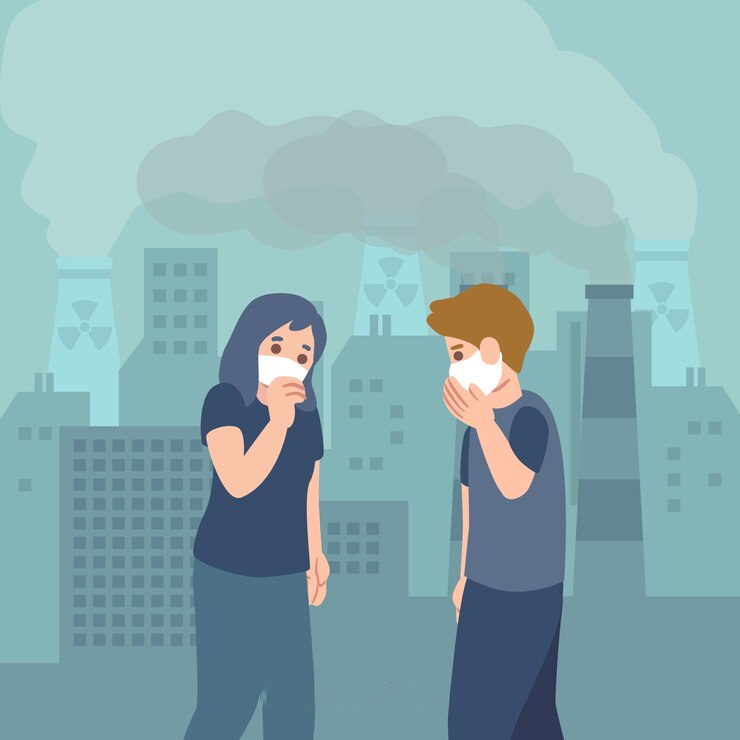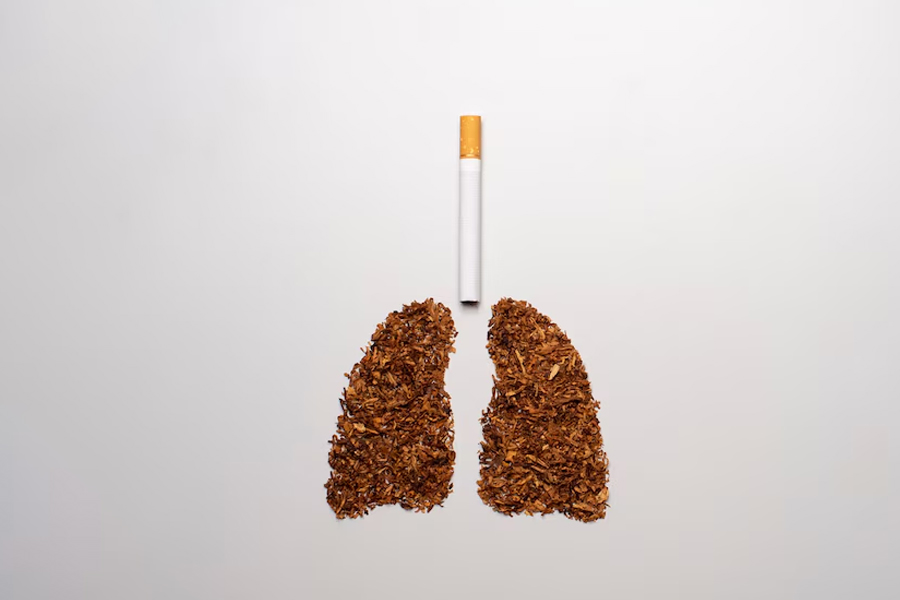
Rising Lung Cancer Cases Among Non-Smokers: 3 Prevention Tips From A Pulmonologist
Lung cancer, traditionally linked to smoking, is increasingly affecting non-smokers, raising concerns about the causes behind this alarming trend. To explore the factors contributing to this rise and how to combat it, we contacted Dr Praveen Kumar Pandey, Senior Director of Pulmonology, Max Super Speciality Hospital Patparganj, New Delhi, who shed light on the causes, symptoms, and preventive measures associated with lung cancer in non-smokers.
What Is Non-Smoking Lung Cancer?
Non-smoking lung cancer refers to cases where individuals who have never smoked or have smoked minimally develop lung cancer. This is becoming a growing public health issue, as these cancers are often diagnosed at later stages when treatment options are limited. Dr Pandey told us, “Historically, smoking was considered the main cause of lung cancer, but now approximately 20% of lung cancer cases in the US occur in non-smokers, with even higher rates in other regions globally.”

Risk Factors For Non-Smoking Lung Cancer
Dr Pandey explained that while smoking remains the leading cause of lung cancer, non-smokers can also develop this disease due to several key factors:
Genetic mutations: Specific mutations, such as those in the EGFR and ALK genes, are more common in non-smokers. These mutations have enabled the development of targeted therapies.
Environmental exposures: Radon, air pollution, and passive smoking increase lung cancer risk for non-smokers. Radon is the second leading cause of lung cancer in the US after smoking.
Family history: A genetic predisposition can elevate lung cancer risk, even without smoking.
Occupational exposure: Jobs in industries like construction or mining expose workers to harmful substances, such as asbestos, raising the risk of lung cancer.
Air pollution: Long-term exposure to fine particulate matter (PM2.5) in outdoor air has been linked to an increased risk of lung cancer.
Lung disease history: Individuals with chronic lung conditions, like Chronic obstructive pulmonary disease (COPD) or interstitial lung disease, are at a higher risk of developing lung cancer, regardless of their smoking habits.
1
2
3
4
Don't Miss: World No Tobacco Day 2024: Understanding Why Women Face Greater Health Risks From Tobacco
Symptoms Of Non-Smoking Lung Cancer
Lung cancer in non-smokers often shares symptoms with smokers, such as a persistent cough, chest pain, shortness of breath, unexplained weight loss, fatigue, and coughing up blood. Unfortunately, these symptoms are often overlooked or mistaken for other conditions. Dr Pandey says, “Due to the lack of targeted screening for non-smokers without other risk factors, lung cancer is frequently diagnosed at later, more advanced stages. Early detection remains a challenge because the signs can be vague and are not always immediately recognised as cancer-related.”

Types Of Lung Cancer Common In Non-Smokers
Dr Pandey explained that the most common lung cancer type in non-smokers is adenocarcinoma, a form of Non-Small Cell Lung Cancer (NSCLC). It typically originates in the alveoli cells and is found in the outer lung regions. Adenocarcinoma is more common in younger, healthier individuals who do not have a smoking history. While Small Cell Lung Cancer (SCLC), which is heavily linked to smoking, is rare in non-smokers, it can still occur in certain cases.
Don't Miss: Are You Struggling To Quit Smoking? These Reasons Will Help You
Prevention Tips For Avoiding Non-Smoking Lung Cancer
While it’s not possible to eliminate the risk of lung cancer in non-smokers, there are several measures to reduce the likelihood of developing the disease:
Avoid carcinogens: Minimise exposure to harmful substances like radon, asbestos, and industrial chemicals.
Maintain a healthy environment: Reduce exposure to outdoor air pollution and avoid passive smoke.
Adopt healthy lifestyle habits: Consume a balanced diet rich in fruits and vegetables, and maintain an active lifestyle to lower cancer risk.
While diet alone hasn't been conclusively linked to lung cancer prevention, these steps help reduce exposure to risks.
If you are at risk for lung cancer or not, staying informed and maintaining regular checkups with your healthcare provider is essential. Awareness plays a vital role in preventing and detecting lung cancer early, regardless of whether you smoke or not.
Keep reading Herzindagi for more such stories.
Credits: Freepik
Also watch this video
Herzindagi video
1
2
3
4